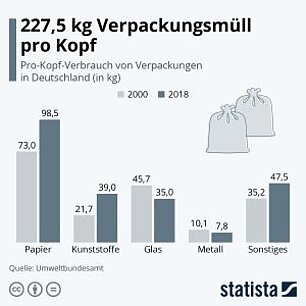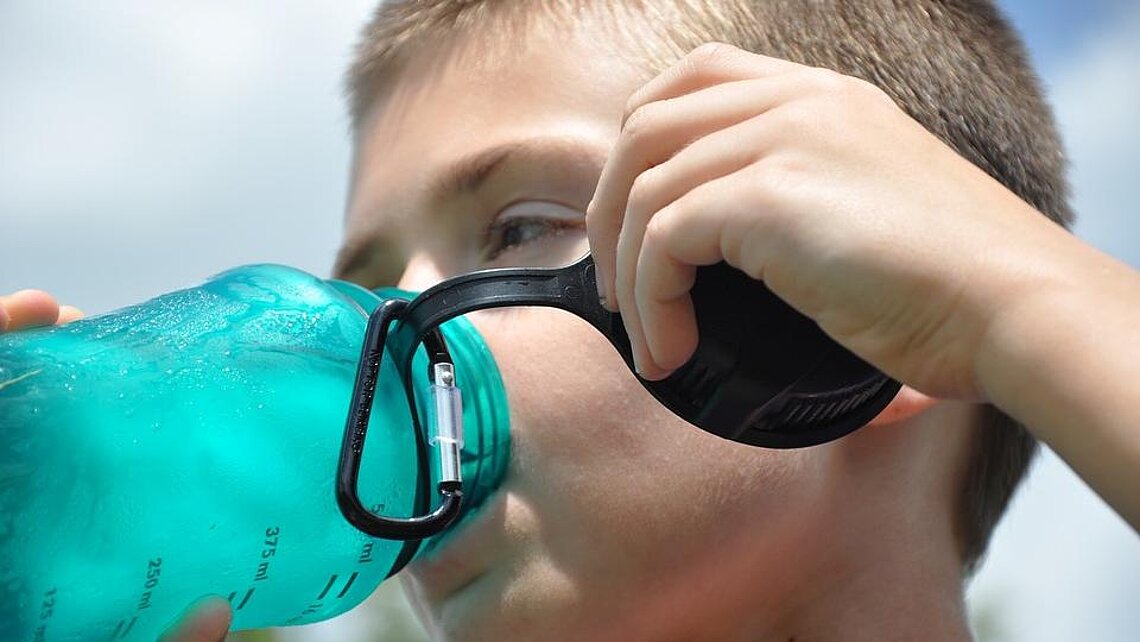While plastic used to be considered valuable or even a miracle material, today frightening data and images dominate, leading to an image crisis of plastic. But is the denunciation of plastic justified? No – to demonize plastic in principle would be wrong. A differentiated view shows that the material does have advantages and that not every supposedly better alternative actually is one.
Glass or plastic bottles?
Glass bottles, for example, take up much more space than PET bottles and tetrapacks and are heavier per se. Therefore, to transport the same amount of beverages in glass bottles, many more trucks are on our roads. The production of plastic bottles also consumes significantly less energy than that of glass bottles.
Paper or plastic bag?
The assumption that paper bags are fundamentally more environmentally friendly is not correct. This is because it takes almost twice as much energy to produce paper bags, and the chemicals used to treat the cellulose fibers are much more harmful. In addition, paper is sensitive to moisture and less stable. Plastic bags, on the other hand, are tear-resistant, shapeable and are more durable.
The cucumber shrink-wrapped or unwrapped?
Food packaged in plastic is considered an environmental sin. However, the carbon footprint of cucumbers wrapped in plastic film is better than those offered loose, according to a study. Packaging cucumbers in stores creates plastic waste that is harmful to the environment. But without packaging to keep oxygen, moisture, light, and ripening gases away from fruits and vegetables, they spoil faster and require more frequent disposal. This environmental damage is 3-4 times higher than plastic packaging.

Total packaging waste
Looking at households, an average of 22 kilograms of plastic packaging waste per capita was generated in Germany in 2020. In the same period, 73 kilograms of paper waste were disposed of per inhabitant. Looking at total household waste, plastic waste accounts for only a small proportion of the total, 11.68 percent.
Plastics – a sensible alternative
In many areas, there is no sensible substitute for plastics: in disposable syringes, artificial joints and prostheses in medicine, in plastic-insulated cables to prevent hazards such as electric shocks in electronics, in the manufacture of technical equipment such as computers, smartphones and lightweight components, in the automotive industry to make car bodies as light as possible and thus save fuel, or in food packaging for transport protection and a longer shelf life.
As the examples show, plastics are not nearly as bad as media coverage suggests. In many cases, plastic can even be the ecological alternative to other – at first glance more sustainable – raw materials.
